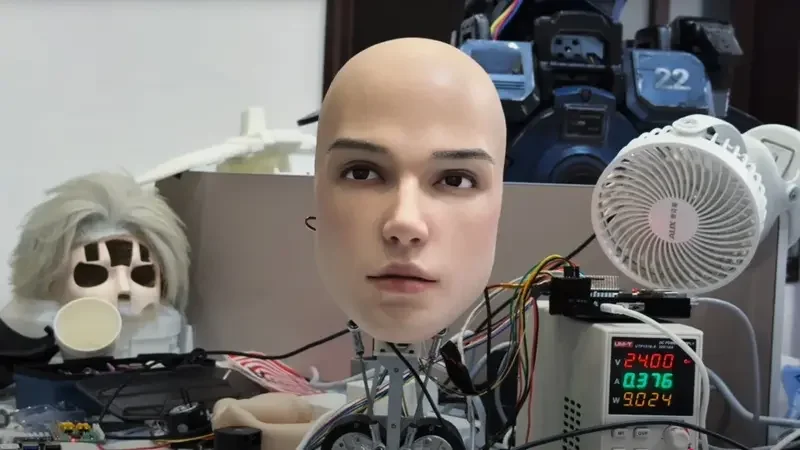China is rapidly advancing in the field of automated food preparation through AI-powered kitchen technologies. From pancake-making robots to fully autonomous cooking systems, these innovations are transforming how meals are prepared and served. In Beijing, the Joybing Robot stands out by handling the entire pancake-making process without human input. Similarly, EncoSmart has introduced cooking robots capable of preparing multiple dishes while also learning new recipes, showcasing the adaptability of machine learning in culinary applications. Smart canteens across China are implementing fully automated systems that cook and serve meals, streamlining food service in large institutions. One of the most notable innovations is Dobot’s “Atom,” a humanoid robot designed to cook a complete breakfast independently, highlighting the potential of robotics in everyday kitchens. These developments reflect China’s broader strategy to integrate artificial intelligence and automation into the food industry. By reducing the need for manual labor, improving consistency, and enhancing efficiency, China is positioning itself at the forefront of automated culinary technology. As these machines continue to evolve, they signal a future where intelligent kitchens could become a common part of both commercial and domestic food preparation.







































